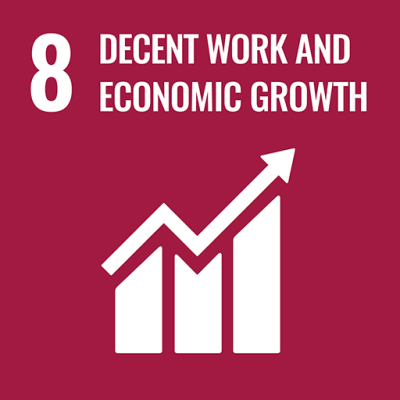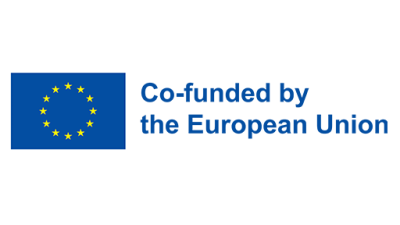Project
Making work lighter and safer with the help of skills and new working methods and tools
Project sponsors

Making Work Lighter and Safer Through Skills, New Work Methods, and Tools – RAKSA 2.0 Project
The main goal of the RAKSA 2.0 project is to increase awareness and competence among management and staff in the construction and building services sector regarding work ability management, methods for supporting work ability, and new technological solutions that help lighten work and improve productivity.
In the RAKSA 2.0 project, JAMK University of Applied Sciences, actors in the construction and building services sectors, and various partners collaborate to strengthen the competence of management and staff in proactive support of work ability, occupational well-being, and productivity enhancement.
The project is divided into the following work packages:
Work Package 1: Promoting work ability and productivity in the construction and building services sectors through co-development.
Work Package 2: Implementing methods to enhance the skills of company management and personnel.
Work Package 3: Experimental development: Testing new work methods and tools during pilot phases.
Work Package 4: Knowledge sharing: Communication and increasing impact.
The starting point is that new tools, ergonomic work methods, and the digital learning environment developed in the project will reduce workload and improve occupational safety in construction and building services tasks. This streamlines work and increases productivity. By addressing physical, psychological, and social stress factors, as well as improving work development and work ability management, it is expected that sick leave will decrease, work ability will improve, and careers will be extended in the long term.
The primary target group of the project includes supervisors, senior and middle management, HR personnel, and employees working in micro and small-to-medium-sized enterprises and other organizations in the construction and building services sector. This includes workers of different ages, women, older employees, those with foreign backgrounds, and individuals with partial work ability.
Additionally, the project involves parties coordinating workplace well-being, occupational safety representatives, HR personnel, and professionals from occupational health and other healthcare services working alongside them.
Further Inforrmation: Anja Tanttu, anja.tanttu@jamk.fi, +358407563662
